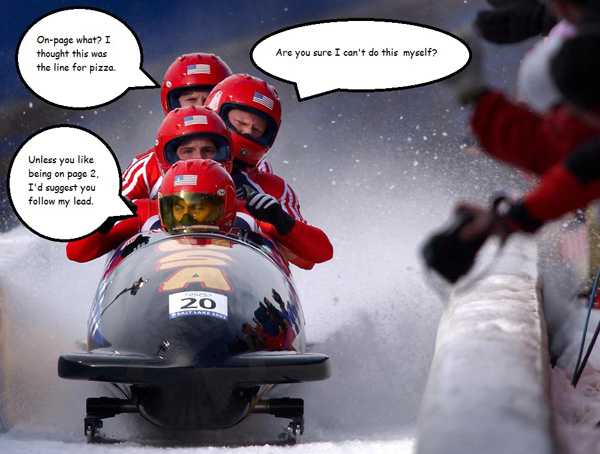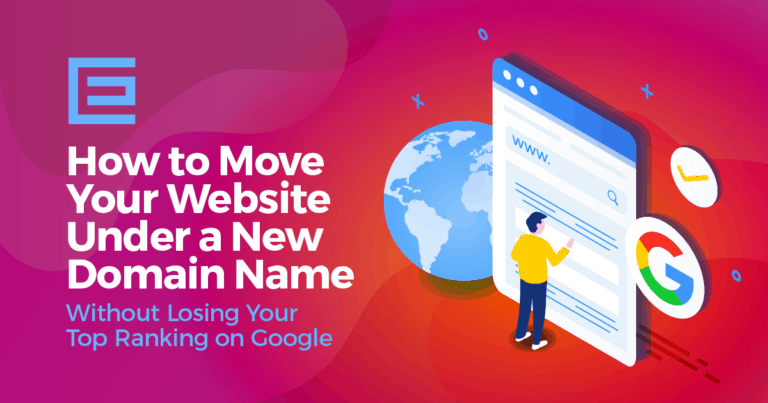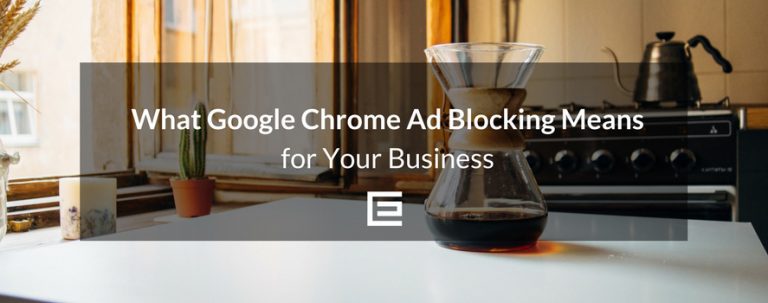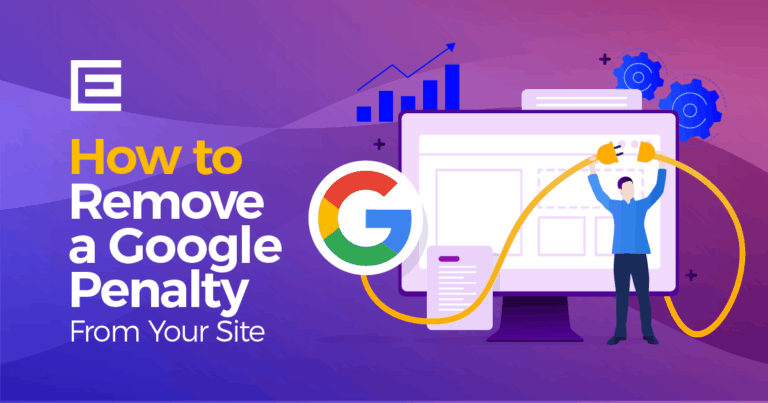Everyone always talks about links and social media when it comes to trying to get your website to rank high in the search engine pages, but before you begin any of that you should think about the on-page factors that you can do today to better rank your website.
Everyone always talks about links for SEO, but have you thought about what you could do ON your website to increase rankings?On-site Ranking Factors that You Should Know About Today
When Google ranks a website it is looking at a variety of factors some offsite and some onsite. It’s important that you look at the on-page SEO factors before you start thinking about what you can do off site.
Here are a few SERP ranking factors that you can work on today:
- Meta Information – Before you do anything you need to make sure that your meta information is filled. This includes your meta title and your meta tags, that tell Google and users what your page is about.
- Use Your Title Tags – Every webpage should have an H1(header tag) attached to it. Using title tags from H1 down to H3’s are a great way to structure your website’s content and to also share with Google the important parts of your page.
- Keywords – It’s important that you think about your keywords when writing your text. From headlines to the body, your copy should include your relevant keywords that you think people will be searching for when they are looking for your products or services.
- Image Text – When adding images remember to think that Google crawls text and not images. This means you need to make sure that you have appropriate filled out the alt and title tags of all your images when you upload them.
- Fresh Content – Google likes fresh content. The newer the better in their opinion. It’s important that you update the content on your website on a regular basis, keeping it relavent and up to date for anyone who lands on your page.
- Page Content – Think about the content that you have on your website. Google not just crawls your keywords but the entire page around it. By offering relevant data to not just the user but to Google as well you can manually help your website rank better.
- Mark-up Language – Mark-up language such as schema or Google Authorship will help Google read your website and understand what all the text on it means.
- Google Analytic KPI’s – Don’t forget to think about your KPIs here. From bounce rate to visitor time, it’s important that you spend time on your page thinking about your visitor and making sure that these factors have a positive correlation.
Tags: Digital Marketing • Google • Search Engine Optimization






